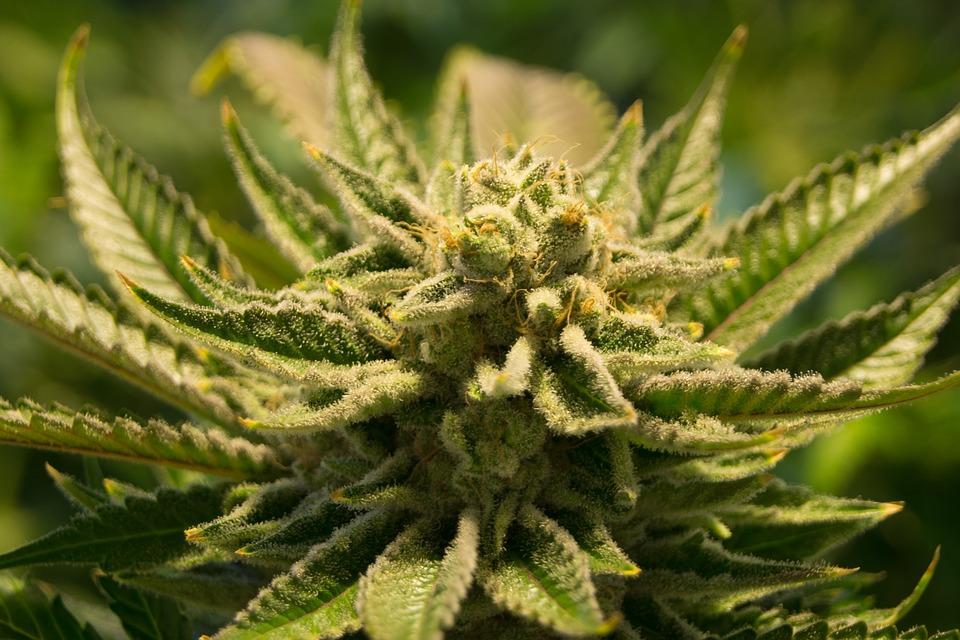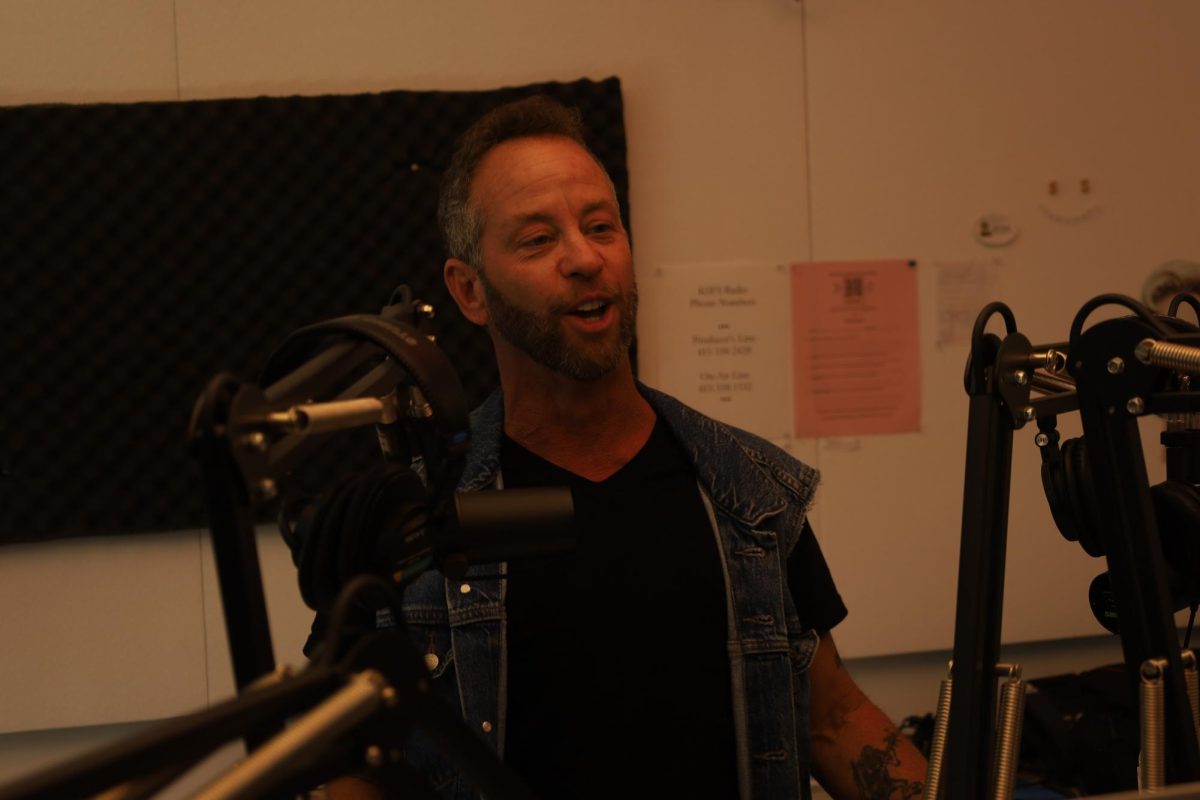From the South Bay to Contra Costa County, this year’s midterm elections is all about cannabis.
Communities throughout the Bay Area are organizing to pass or trash gross taxes on recreational marijuana cultivation and sales.
Across the state’s 58 counties, 170 other local proposals aim to regulate marijuana cultivation, sales and use.
In unincorporated Contra Costa County, Measure R is proposing a $7 cultivation tax for farmers and a 4 percent gross tax for retailers. According to the measure, it is expected to generate $1.7 to $4.4 million to fund operating costs, increased policing, delivery, transport and quality checks.
Critics of the measure, like Contra Costa Taxpayers Association President Jack Weir, said this is an attempt for city councils to take advantage of a fledgling legal cannabis industry.
“[Contra Costa County is] facing over $1 billion in unfunded pension obligations, is struggling to find new revenues to help offset the impact of rapidly rising pension and health care payments,” wrote Weir in the ballot argument against Measure R. “Like the other public agencies in the county that offer defined benefit plans, that massive debt is behind many ballot measures now and in the future.”
Contra Costa County District 4 Supervisor Karen Mitchoff disagrees with Weir.
Mitchoff said the reason the board is supporting Measure R is because, without the additional revenue, it won’t be able to implement its cannabis ordinances.
Mitchoff said without the additional gross tax dollars, which only needs a majority vote, unincorporated Contra Costa County will continue to be without recreational cannabis dispensaries.
“I was discouraged by an [East Bay Times] editorial today only because it mentioned we are only doing taxes because we want more money,” she said in a phone interview with this Xpress reporter.
She said that a general sales tax does not mean it can be used for anything. It can only be used to increase policing, fund substance abuse programs and regulate cultivation and distribution.
There’s lot of things in the ballot, like Prop 6, that she said she is opposing because it requires voters to continue to expend additional tax dollars.
“[Measure R] is not one we would have ordinarily taken up other than the fact we need revenue to support the issue specifically.”
In Half Moon Bay, residents will decide whether to allow marijuana nurseries to operate in agricultural or exclusive floriculture zoning.
Opponents say it gives the cannabis industry a foothold from which it will aggressively lobby, and will normalize the use of marijuana for our youth.
But cultivators, like Half Moon Bay farmer John Muller, urged voters to vote for the measure in an editorial submitted to Half Moon Bay Review.
“This measure causes no harm to the community and does help some struggling farmers,” Muller wrote. “And we are struggling for the same reasons as you all are struggling, notably due to the high cost of living in our area.”
Several other South Bay communities are proposing various business tax structures to profit from the industry.
Proposals range from 6 to 10 percent of gross sales, and $15 to $25 per square foot for cultivation.





